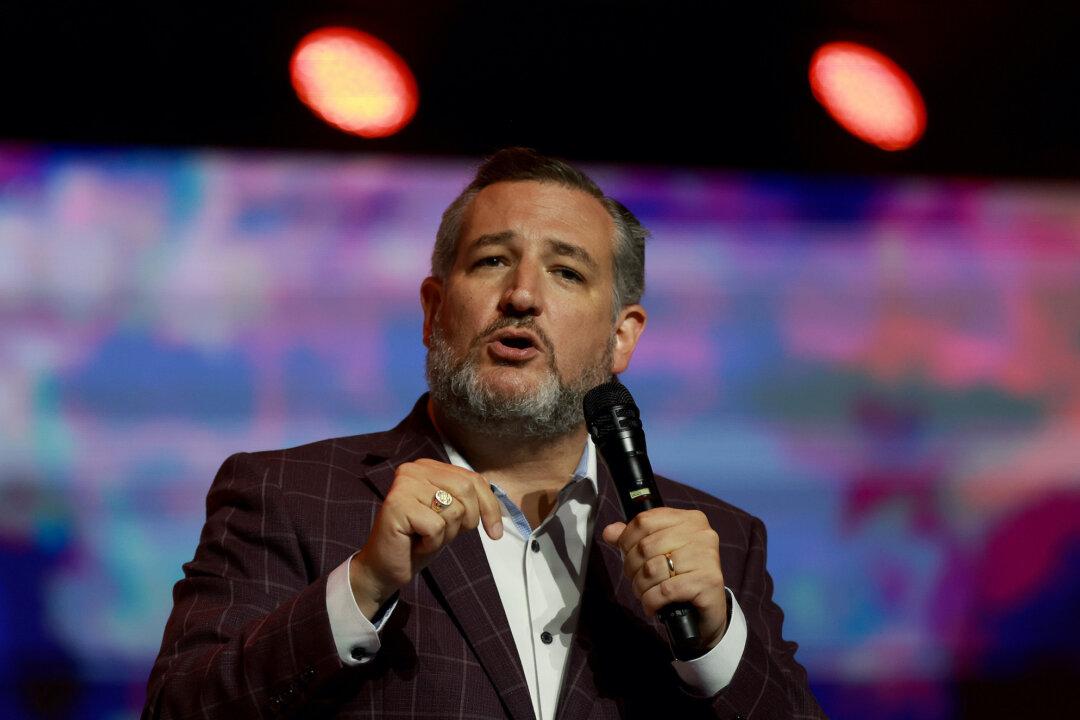Conservatives gathered at the pro-Trump America First Policy Summit in Washington this week talked about numerous issues like soaring crime, the ailing economy, and tensions abroad.
One topic, though, emerged as a stealth issue and potentially significant factor in the upcoming elections: school choice. The policy seeks to give parents who want to take their children out of failing public school systems more access to charter or private schools.





